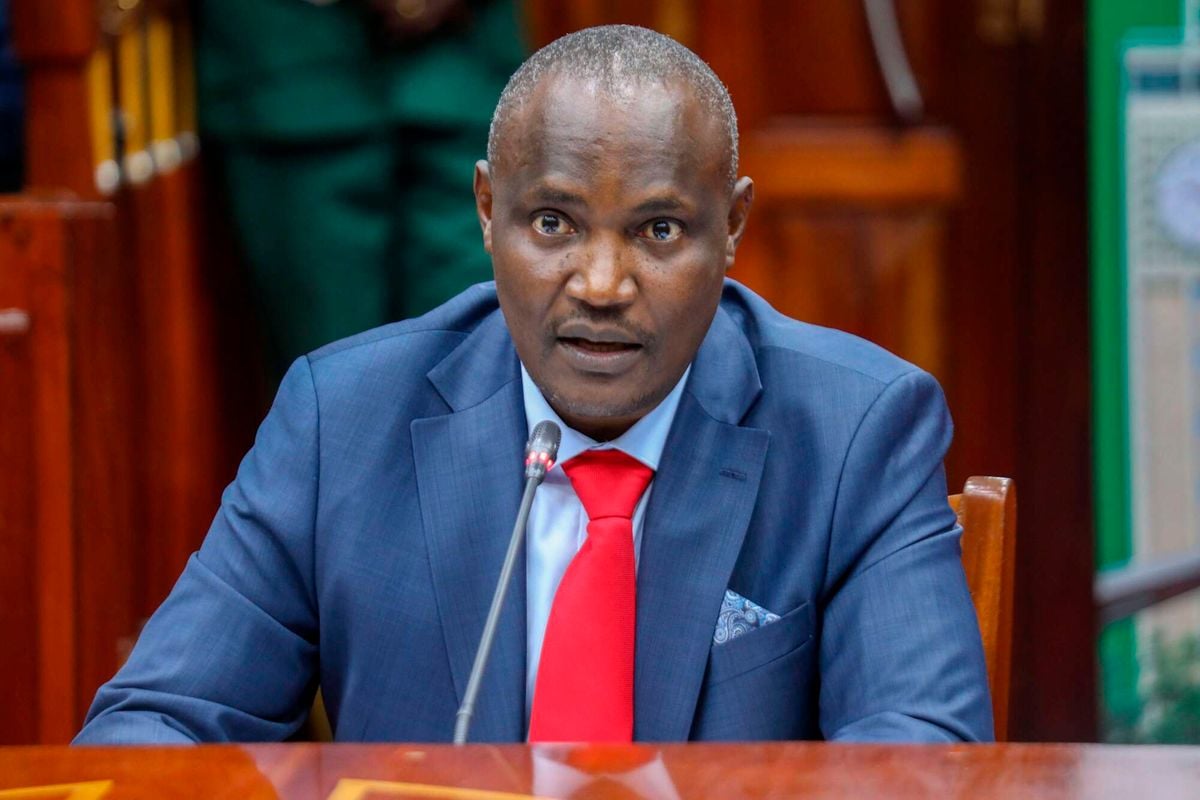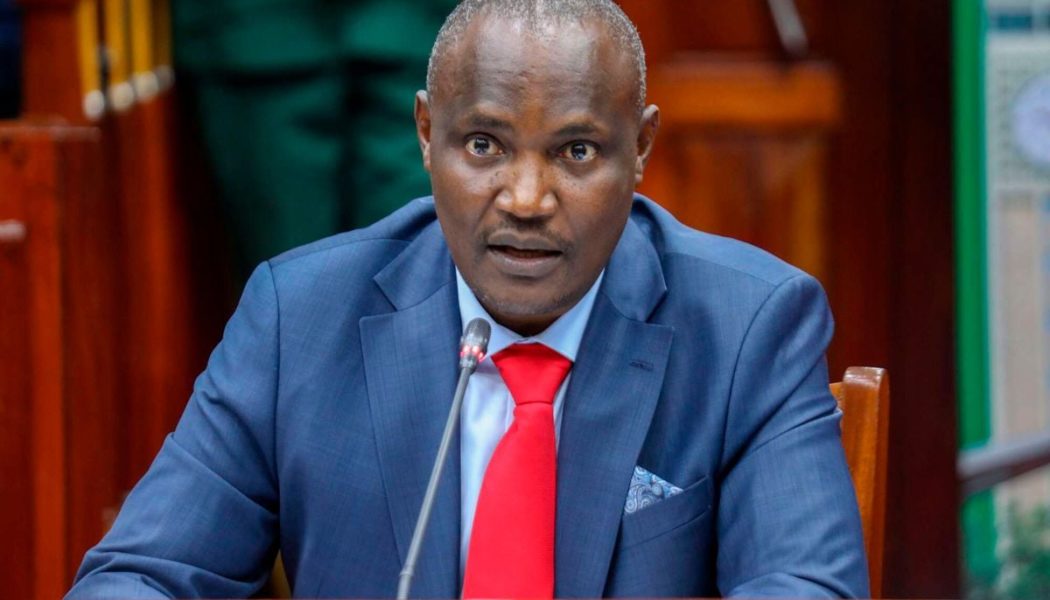
Kenyans face more tax pain after the International Monetary Fund (IMF) signalled the need to raise revenue as a condition to its multi-billion loans facility for the country.
The IMF says Kenya under-performed on revenues in the year to June — a period before the withdrawal of the Finance Bill, 2024 that has left the Treasury in a financial strain. It wants Kenya to increase tax collections despite the withdrawal of new taxes in the Finance Bill after deadly youth-led protests.
This signals introduction of new taxes through tax laws amendments, an aggressive pursuit of tax evaders and cheats and roping in of traders and workers in the informal sector.
The Washington DC-based lender approved Sh78.3 billion ($606.1 million) in fresh disbursements to Kenya on Thursday, even as it called for new tax reform measures to address debt vulnerabilities.
Kenya’ mounting debts has seen it commit more than half of tax revenue collected annually in repaying the public debt, leaving little cash for projects.
The decision of the IMF board paved the way for the cash-strapped government to access the multi-billion loan tranche.
The fund’s support is seen as crucial to Kenya being able to navigate its current liquidity challenges, which are mainly driven by high debt interest repayments.
“Performance since the last reviews of these arrangements has weakened. While accumulation of foreign exchange reserves and inflation were better than expected, the fiscal performance fell significantly short of the targets. The revenue and export underperformances increased debt vulnerabilities while the implementation of several reforms was also delayed,” noted IMF First Deputy Managing Director Gita Gopinath.
“In this context, a difficult adjustment path lies ahead. A credible fiscal consolidation strategy remains central to addressing debt vulnerabilities while protecting social and development spending. Reforms to make the tax regime more efficient, equitable and progressive as well as strengthening accountability, transparency and efficiency of public finances will help garner political and societal support for reforms.”
The IMF has approved fresh disbursements despite Kenya’s failure to meet revenue and fiscal deficit targets in December last year and in June 2024, with the government promising to reduce deficit and appetite for borrowing while increasing revenues.
The approved disbursement is, however, lower than the expected Sh113 billion by the Treasury, indicating a slash from the combined seventh and eighth reviews of the programme.
The IMF has, however, retained the total expected disbursements through the end of the programme in April next year at Sh466.3 billion ($3.61 billion).
The government prepared the first supplementary budget for the 2024/25 fiscal year, cutting overall spending for the period in a bid to salvage the IMF programme after the Finance Bill was rejected.
Treasury Cabinet Secretary John Mbadi has already hinted at bringing new tax proposals in the near term, including reintroducing some provisions of the rejected Bill but not returning the legislation in its entirety.
The exchequer is targeting producers of products like milk, bread and maize flour in a review that would deny the firms billions in tax refunds but keep the retail prices of the commodities unchanged.
The products would remain VAT-free (VAT exempt) but their producers would no longer have the window to seek refunds to recover input value added taxes.
“If there is something I’m passionate about it is tax expenditures (refunds). I know many people who say that zero-rated is cheaper than exempt and I agree, but the benefit is not passed to consumers. The fact is when you allow those zero-rated commodities, these guys will come claim money that they shouldn’t even claim. You will hear some say that you should not even employ bakers but rather employ accountants to cook your books and go to KRA [the Kenya Revenue Authority] to get their money,” Mr Mbadi said last month.
The government lost Sh119.9 billion in 2022 to the zero-rating goods and services meant for domestic consumption.
To shore up revenue, Kenya has deepened its crackdown on tax cheats and it is expected to be more aggressive following the withdrawal of the Finance Bill, which contained a slew of tax hikes.
The KRA has o started integrating its system with banks, money remittance firms and payment service providers like M-Pesa in fresh efforts to weed out tax evaders and boost revenue by billions of shillings.
It is also seeking to expand the tax base and rope in more small businesses and the informal sector to raise additional revenues.
The government has been caught between the competing demands of hard-pressed citizens and lenders such as the IMF, which is urging it to cut deficits to obtain more financing.
After the Finance Bill was dropped, the government cut spending and widened the fiscal deficit.
Officials have indicated that Kenya will seek another programme with the IMF when the current one ends next April.
Introducing new taxes, however, raises the risk of social unrest.
The IMF has asked the government to stand ready to push alternative reform measures even as it asks it to communicate effectively on the desired outcome of fresh proposals.
“Given the elevated risks around the fiscal strategy, policymaking needs to be agile. Contingency planning remains critical, with policies adapting to evolving outcomes to safeguard stability and ensure that programme objectives continue to be met. Clearly communicating the necessity and benefits of the reforms is paramount,” added Ms Gopinath.
Despite missing revenue targets, the IMF has highlighted tailwinds for Kenya, including the resolution of the outsized Sh258.3 billion ($2 billion Eurobond), noting this has revived market confidence, supporting the stabilisation of the shilling and facilitating a faster build-up in foreign exchange reserves.
The IMF expects Kenya’s real GDP to grow by 5.0 percent in 2024 and over the medium term, with inflation projected to hover around 5.0 percent over the period, keeping within the government target range of 2.5 to 7.5 percent.








